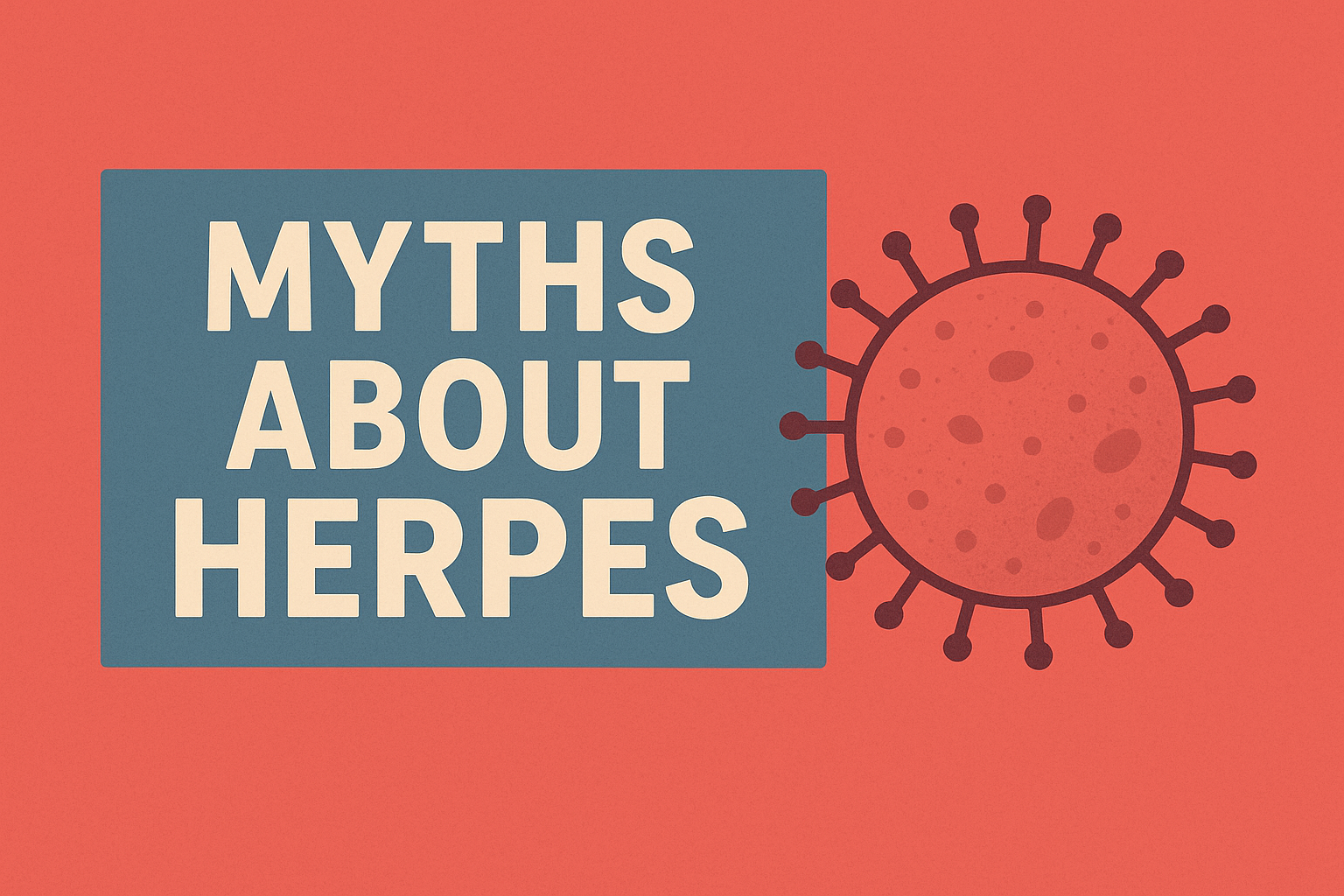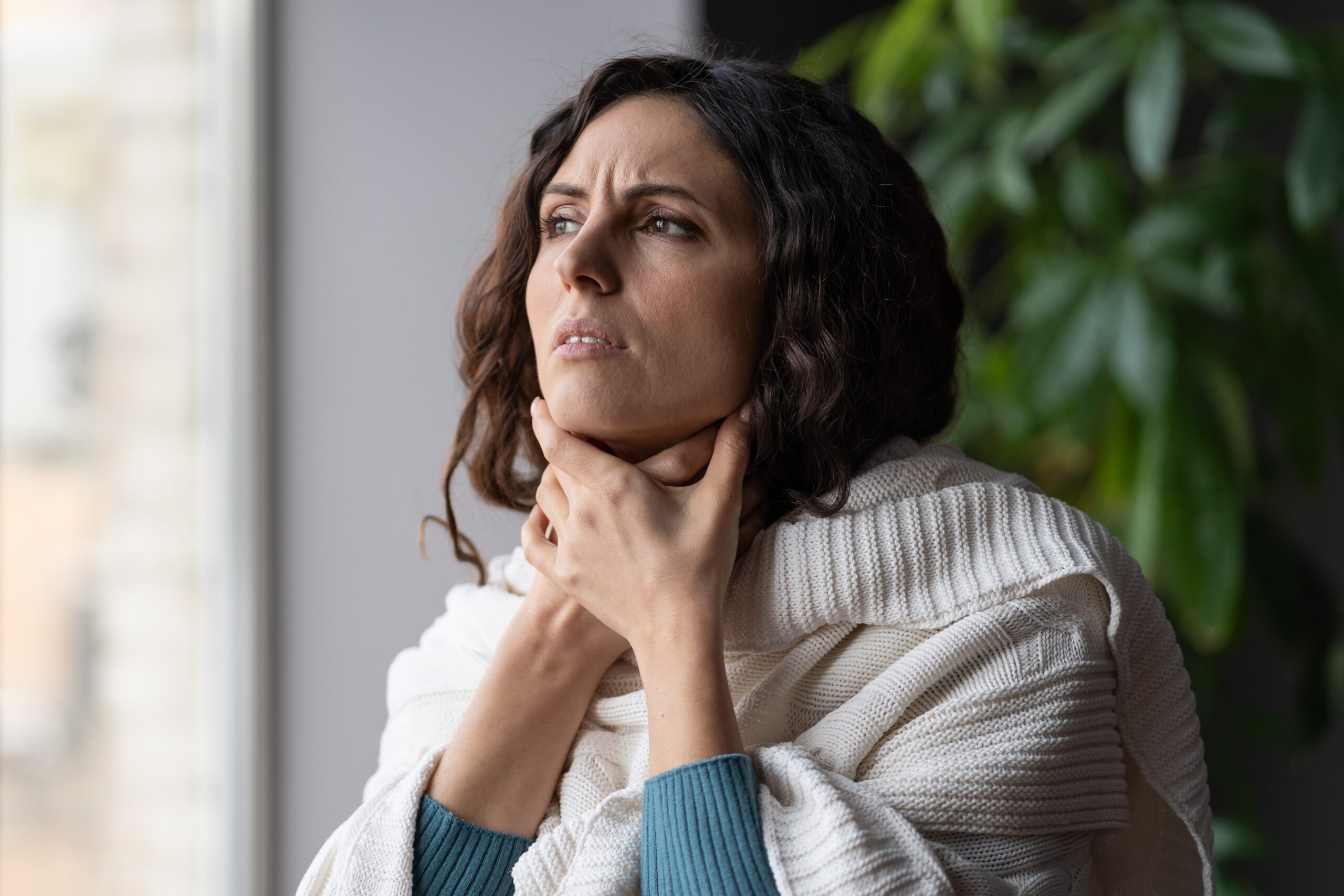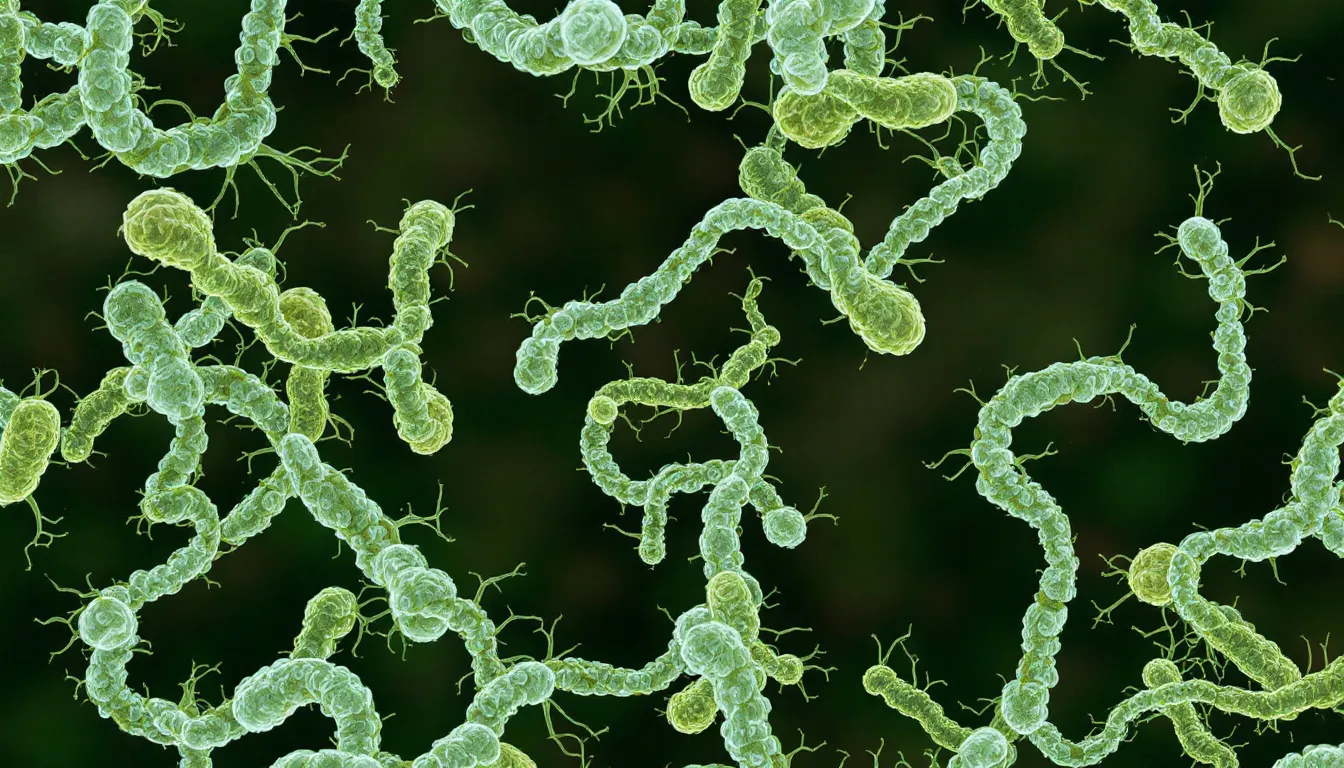HPV (human papillomavirus) is one of the most common infections in the world. Yet, many people don’t fully understand its risks or the life-saving power of the HPV vaccine. Let’s break it down—not with medical jargon, but in a way that’s clear, relatable, and straight to the point.
Reason 1: Prevent Cancer
Did you know that nearly all cervical cancer cases are caused by HPV? And it doesn’t stop there. HPV is linked to cancers of the throat, anus, penis, vulva, and vagina. The HPV vaccine protects against most of these cancers by stopping the virus before it causes harm. Think of it as a shield—one that could save your life or the life of someone you love.
Real talk: cancer is scary. And while not all cancers are preventable, HPV-related cancers often are. Getting vaccinated isn’t just a good idea; it’s a powerful step toward staying healthy.
Reason 2: It’s Safe and Effective
Let’s address the elephant in the room—is the HPV vaccine safe? Many people feel uneasy when taking a vaccine they are unfamiliar with, but all research shows that the HPV vaccine is safe! The vaccine has been extensively studied and has an excellent safety record. Millions of people have been vaccinated, and the results speak for themselves: significant reductions in HPV infections and related diseases.
But what about side effects? The good news is that they’re usually mild, like a sore arm or a headache, and more serious side effects are incredibly rare. If you’re nervous, that’s okay! Talk to your doctor about your concerns. Remember, protecting yourself or your child from cancer is worth it.
Reason 3: Protect Others
Getting vaccinated isn’t just about you—it’s about the people you care about. HPV is highly contagious, and most people don’t even know they’ve been infected. By getting vaccinated, you’re reducing the spread of the virus and protecting your partners, your community, and even future generations.
Think of it like wearing a seatbelt. Sure, it’s for your safety, but it also sets an example for others. Vaccinating against HPV is a small step with a big impact.
A Final Thought
The HPV vaccine isn’t just a shot, it’s a shield. HPV vaccine recipients enjoy protection from preventable cancers, while also protecting themselves and their loved ones from HPV. Remember, studies show that taking the HPV vaccine significantly prevents cervical cancer cases. If you have questions, ask. If you’re nervous, that’s okay. But don’t let fear or misinformation stand in the way of your health. Vaccinate—because you deserve a future free from HPV-related worries.
FAQs
What is HPV?
HPV (human papillomavirus) is a group of viruses that can cause genital warts and several types of cancer. It’s extremely common—most sexually active people will get it at some point in their lives.
Who should get the HPV vaccine?
The vaccine is recommended for boys and girls starting at age 9, ideally before they’re exposed to HPV. However, it’s also effective for teens and young adults up to age 26. In some cases, adults up to age 45 may benefit too.
Will the vaccine treat my existing infection?
No, the HPV vaccine does not treat existing HPV infections. The vaccine is purely a preventative measure. So, get the vaccine now to avoid future complication!
Is the HPV vaccine only for girls?
Not at all! HPV affects everyone, and the vaccine is recommended for all genders. The HPV vaccine protects against cancers and genital warts which can occur in both men and women.
How many doses do I need?
It depends on your age. Kids aged 9-14 usually need two doses, while those aged 15 and older may need three. Your doctor can guide you and give you the best advice.
Will the vaccine encourage risky behavior?
Studies show that getting the HPV vaccine doesn’t lead to increased sexual activity. The vaccine is about health, not lifestyle choices.
How do I get the vaccine?
You can get the HPV vaccine at most doctor’s offices, clinics, or health departments. Check with your healthcare provider or local pharmacy for availability.
Sources
- CDC – HPV Vaccination: https://www.cdc.gov/hpv/parents/vaccine.html
- World Health Organization – HPV and Cervical Cancer: https://www.who.int/news-room/fact-sheets/detail/human-papillomavirus-(hpv)-and-cervical-cancer
- American Cancer Society – HPV Vaccine and Cancer Prevention: https://www.cancer.org/cancer/cervical-cancer/prevention-and-early-detection/hpv-vaccine.html
- Mayo Clinic – HPV Vaccine: https://www.mayoclinic.org/tests-procedures/hpv-vaccine/about/pac-20394941
- CDC- “HPV Vaccination Recommendations,” https://www.cdc.gov/vaccines/vpd/hpv/hcp/recommendations.html






